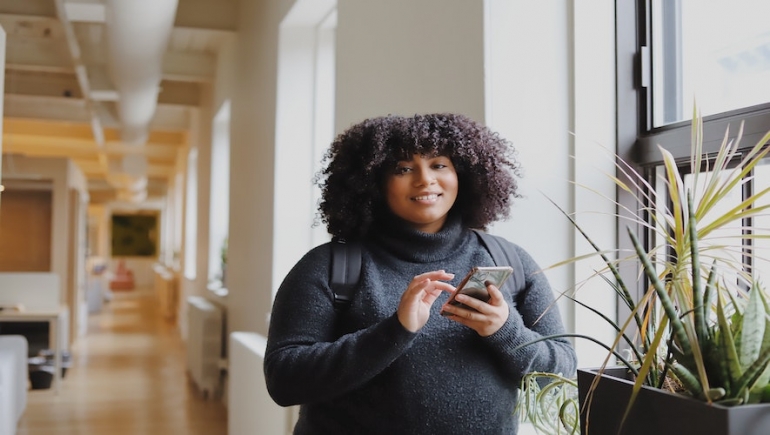Business and Human Rights: Modern Slavery
In an increasingly interconnected world, global challenges such as combatting modern slavery require new and innovative solutions and approaches. Over 40 million people around the world are trapped in modern slavery.
This project will evaluate the effectiveness of the Modern Slavery Act 2018 (Cth) (MSA) by assessing the extent to which changes in business conduct in response to the legislation result in improved working conditions.
The first phase of this project is to assess the quality of reports lodged by business in response to the new law. We will be working in coordination with the Business and Human Rights Resource Centre’s Sydney representative in conducting this analysis.
The Institute’s Student Volunteers will work under the guidance of Professor Justine Nolan and may be involved in:
- Reviewing and ‘coding’ the statements lodged by Australian companies under the MSA;
- Researching sector specific risks of modern slavery in Australia’s seafood, agriculture, rubber gloves and apparel industries; and
- Comparatively analysing global modern slavery policy and legal responses.
Disability Rights
Around one in five Australians has a disability. Many face significant barriers in work, study, sport, getting around and simply taking part in everyday activities. These impacts are multiplied in countries around the world.
This project focuses on supporting the work of Rosemary Kayess, who is currently the Vice Chair of the United Nations Committee on the Rights of Persons with Disabilities. Rosemary is a human rights lawyer, the Director of Engagement at the Disability Innovation Institute UNSW, and also teaches in the UNSW Faculty of Law.
The Institute’s Student Volunteers will work under the guidance of Rosemary Kayess and may be involved in:
- Conducting reviews of CRPD and UN Periodic Review common documents or UN Individual Communications;
- Undertaking a gap analysis of nominated countries legal systems, appellant systems and legislative frameworks;
- Reviewing individual communications, against CRPD and International Human Rights Law jurisprudence; and
- Preparing a gap analysis and draft final reports.
How to apply
Due to an overwhelming response, applications for these projects have now closed. Please keep an eye on our website as further internship and volunteer opportunities will be available throughout the year.
